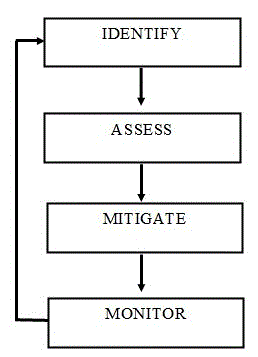HOW much weight do investors put on what is often described as political risk? The question crops up as Malaysia is expected to head to the polls soon.
- +228 872 4444
- +775 872 4444
- contact@email.com
- Mon - Fri 8:00 - 17:30
Political Risk
Professional risk rating models are typically drawn up based on a number of assumptions about the underlying causes of political hazards, many of which may not be explicitly stated. Apart from the obsolescing bargain approach, which explains political risk in terms of changes in the relative bargaining power of the principal actors, there are at least six casual models.
Political risk assessment needs to be done early. This helps avoid a situation in which political judgements are rolled out in support of decisions already taken on other grounds. The importance of the latter point is worth emphasising.
Political risk is sometimes defined as the possibility that government policies might change suddenly. However, the concept really involves much more than this.
“THE government of Thailand has capably steered the economy through a major external economic shock, and a potentially destabilising domestic crisis.” This was how Moody’s assistant vice-president Christian de Guzman explained the decision of his credit rating agency to raise Thailand’s credit outlook from negative to stable last week.
Cultural factors can an important reason why companies fail to make a correct assessment of their political risks. Ironically, this may be an area where Western MNCs may actually have an advantage over their Asian counterparts these days.
According to a survey released in March 2006 by PricewaterhouseCoopers (PwC) and the Eurasia Goup, 73 per cent of multinational firms do not feel that they are effectively managing political risks in the new markets in which they are investing.
Risk Management Process

Latest Articles
About Me
My name is Dr Bruce Gale and I am a senior writer with the Singapore Straits Times. I studied at LaTrobe University (BA Hons) in Melbourne and later at the Centre for Southeast Asian Studies at Monash University (MA). My PhD thesis, which focussed on Malaysian political economy, was completed at the Malaysian National University (Universiti Kebangsaan Malaysia) in 1987.
From 1988 to 2003 I was Singapore Regional Manager for the Hong Kong based Political and Economic Risk Consultancy (PERC).
I have written several books and articles on Southeast Asian affairs, including Political Risk and International Business: Case Studies in Southeast Asia (Pelanduk Publications, 2007). Books on language include Mastering Indonesian: a guide to reading Indonesian language newspapers (Pelanduk Publications, 2008)
